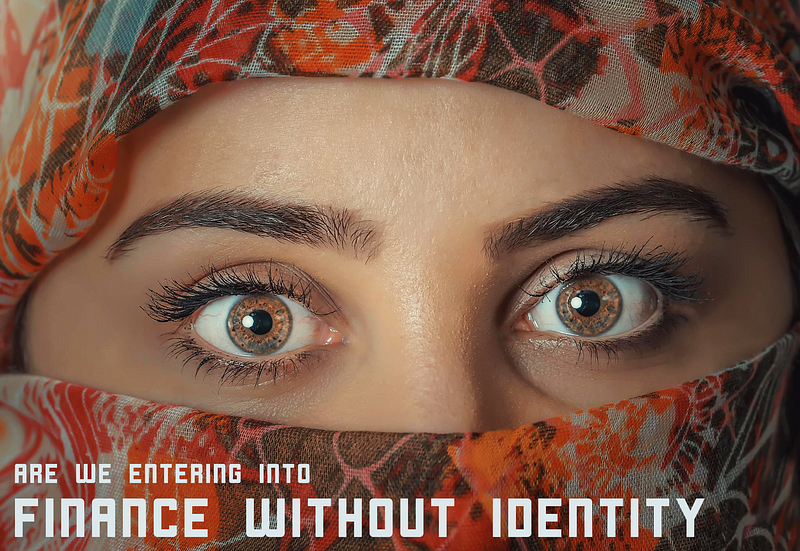
Apparently, 2016 has been a very bright year for the #bitcoin ecosystem as the price started marketing the ideology more than the community.
The global economic environment has further fueled the topic giving a good stance on opening up the public mindset to the core financial policies that central banking has been built upon.
Meanwhile there have been multiple cybersecurity breaches floating in the news showcasing the compromising security architectures leading to privacy failures often. Adding to the vulnerabilities of the present systems, these corporate profiles have been churning big money out of data monetisation reducing the value of the content and identities around the world.
Read more about the recent investigation on Facebook by ProPublica.
On the other hand, we are able to observe a much robust and secure financial implementation of #bitcoin blockchain dealing with all these issues in a more sophisticated fashion.
While this is the case, we can portray an important underlying trend evolving among the corporate systems defining the future industries.
There has been an evolving trend visible in the businesses models clearly giving hope for a more robust and scalable systems for the future.
We can see the famous example of evolution in taxi services emerging out of enterprise models to open information sharing techo-corporate models (Uber/Ola) and now to a more decentralised autonomous solutions such as Arcade City. Imagine the next wave of self driving autonomous ride sharing vehicles.
To put E-commerce in this perspective, we have seen the DNA shift from a more centralised commerce hub (Amazon) to much decentral and distributed commerce (Ebay) and now entering into a much powerful open market systems such as OpenBazaar. How would an autonomous drone delivery system would look like?
Similar is the case of other industries.
What made this transition faster and much practically achievable now is the contribution of the missing piece of the framework (a trust machine – believed to be ‘blockchain’). Now that we have got the weapon to dissolve the corporate authority to code, we will witness see a much faster growth in this direction which could be easily adopted globally.
Growing industry for machine computing such as robotics, cognitive computing and sensor devices are pushing the adoption and dependency of humans on technology and project a much greater requirement for robust trustless frameworks and machine inclusion.
Blockchain technology has been able to provide answers to this growing requirement and been showcasing some promising solutions with the powerful smart contract mechanisms recently.
Interesting live example showcasing how technological solutions can eradicate bureaucratic systems is Tala (previously known as ‘Mkopo Rahisi’) the brainchild of Shivani Siroya, is a Kenyan mobile credit facilitating application providing a micro-finance opportunities and visibility to the aspiring micro-entrepreneurs with the system built on top of big data and behavioural psychology driving credit eligibility decisions and further credit issuance at an unfathomable speeds rather than traditional credit rating system on top of financial accounting procedures and identity regulations taking humongous time with limited coverage.
To give some taste of how the upcoming financial systems are going to look like, we already have some brilliant startups working in this spectrum.
- Investments (Keza, BitBulls)
- Charity (BitGive)
- Venture Capitals (DAO)
- Payrolls (Bitwage)
- Public Issue (ICOs)
- Software Development (CodeValley, Numerai)
- Gambling (Primedice)
- Peer2Peer Lending (BTCJam)
- E-Commerce (OpenBazaar, Purse.io)
These are some of the examples amongst others.
While 2016 was the year the blockchain technology achieved general acceptance, we hope 2017 will be the year of “Trust Leap” as suggested by Rachel Botsman in her TED-Talk bringing more practical applications of the technology.
